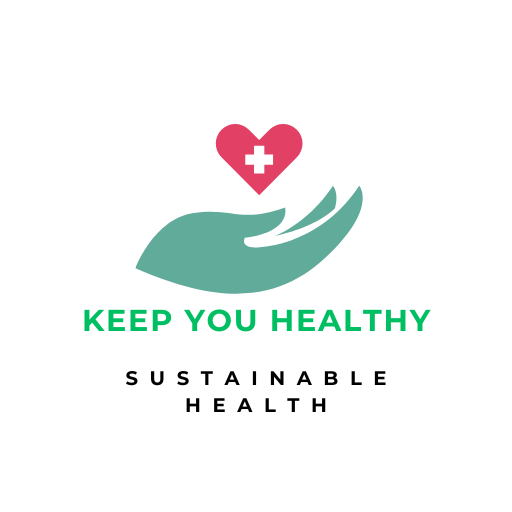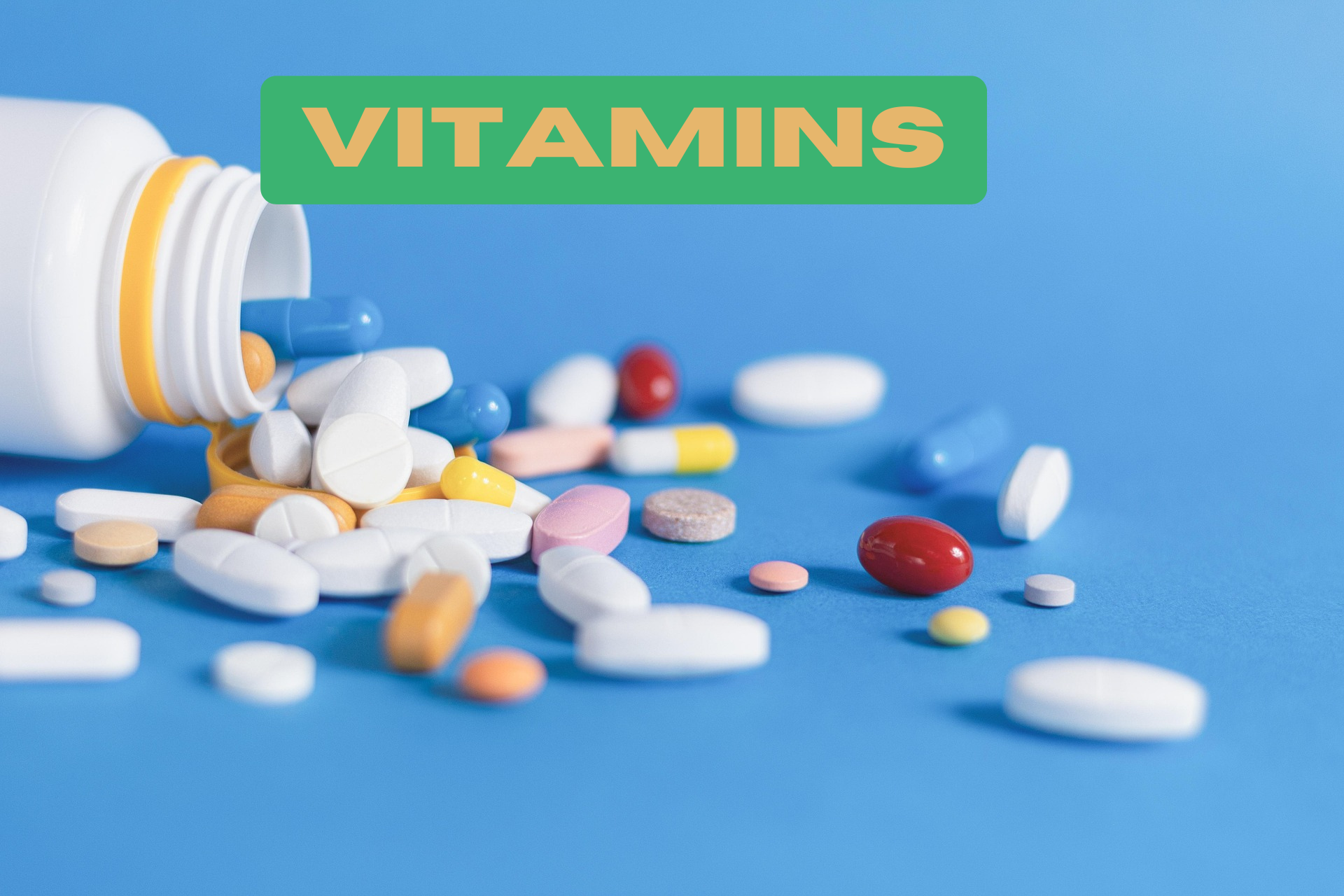Vitamins are essential organic compounds that play critical roles in maintaining the health and function of the human body. Although they are required in small quantities, their impact is profound. They support processes ranging from energy production and immune function to bone strength and cell repair. However, while the benefits of vitamins are well-documented, their misuse or overconsumption can lead to harmful effects. This article explores the advantages and disadvantages of vitamins, offering a balanced view to help individuals make informed health decisions.

What Are Vitamins?
Vitamins are micronutrients that the body needs to perform various physiological functions. They are typically obtained from food, as the body either cannot produce them or cannot produce enough of them on its own. There are 13 essential vitamins, categorized into two groups:
- Water-soluble vitamins: These include vitamin C and all B-complex vitamins (like B1, B2, B3, B6, B12, folate, biotin, and pantothenic acid). These are not stored in the body and need to be consumed regularly.
- Fat-soluble vitamins: These include vitamins A, D, E, and K. These are stored in the body’s fat tissues and liver, meaning they do not need to be consumed daily but can accumulate to toxic levels if taken excessively.
Advantages of Vitamins
1. Boosting Immunity
One of the most well-known benefits of vitamins is their role in strengthening the immune system. Vitamin C, for example, enhances the production of white blood cells, which help fight infections. Vitamin D plays a role in activating immune defenses, and its deficiency is linked to increased susceptibility to infections.
2. Supporting Metabolism and Energy
B-complex vitamins are crucial for converting food into energy. They help in the metabolism of carbohydrates, fats, and proteins, ensuring that the body has enough energy for daily functions. A deficiency in any of the B vitamins can lead to fatigue, weakness, and poor concentration.
3. Maintaining Healthy Skin, Hair, and Eyes
Vitamins like A, E, and B7 (biotin) contribute to maintaining healthy skin, hair, and eyes. Vitamin A helps maintain good vision and supports cell growth, while vitamin E acts as an antioxidant, protecting skin cells from damage.
4. Bone Health
Vitamin D is essential for calcium absorption, making it critical for bone health. Without adequate vitamin D, bones can become thin, brittle, or misshapen. Vitamin K also plays a role in bone metabolism and helps prevent osteoporosis.
5. Cell and Tissue Repair
Vitamins assist in the repair and regeneration of tissues. Vitamin C is vital for collagen formation, a protein that helps maintain the integrity of skin, cartilage, tendons, and blood vessels. This makes it essential for wound healing.
6. Antioxidant Protection
Vitamins A, C, and E are powerful antioxidants that help neutralize free radicals in the body. Free radicals can cause cellular damage and are linked to aging and chronic diseases like cancer and heart disease.
7. Pregnancy and Fetal Development
Folic acid (vitamin B9) is particularly important during pregnancy. It helps prevent neural tube defects in the developing fetus. Doctors often recommend prenatal vitamins to ensure pregnant women get sufficient folic acid, iron, and other nutrients.

Disadvantages and Risks of Vitamin Use
Despite their benefits, vitamins can have disadvantages when misused or overconsumed, particularly through supplements.
1. Vitamin Toxicity
Fat-soluble vitamins (A, D, E, and K) can accumulate in the body if taken in large amounts, leading to toxicity. For example, excessive vitamin A intake can cause liver damage, headaches, nausea, and even birth defects if consumed during pregnancy. Similarly, too much vitamin D can lead to calcium buildup in the blood, potentially damaging the heart and kidneys.
2. Over-Reliance on Supplements
While supplements can be helpful in addressing deficiencies, relying on them instead of consuming a nutrient-rich diet is problematic. Whole foods offer a complex mix of nutrients, fiber, and antioxidants that supplements cannot fully replicate. This can result in nutritional imbalances and a poor overall diet.
3. Potential Drug Interactions
Certain vitamins can interfere with medications. For instance, vitamin K can reduce the effectiveness of blood thinners like warfarin. High doses of vitamin E may also increase the risk of bleeding when taken with anticoagulant medications.
4. False Sense of Security
Some individuals take multivitamins or single-vitamin supplements assuming they can eat whatever they want. This false sense of security may lead to poor dietary habits, increased intake of processed foods, and a lack of essential nutrients not covered by supplements.
5. Unregulated Supplement Industry
Unlike prescription medications, dietary supplements are not strictly regulated in many countries. This means that some products might contain inaccurate dosages, contaminants, or unproven health claims. Consumers may end up taking ineffective or even harmful products without realizing it.
6. Expensive and Unnecessary
Many people with balanced diets do not need additional vitamin supplements. However, they may still purchase expensive multivitamins due to marketing or peer influence, wasting money on supplements that offer no additional benefit.

How to Get Vitamins the Right Way
To maximize the benefits of vitamins while avoiding potential downsides, consider the following tips:
- Eat a Balanced Diet: The best source of vitamins is a varied and nutritious diet rich in fruits, vegetables, whole grains, lean proteins, and healthy fats.
- Use Supplements Wisely: Take supplements only when necessary, such as during pregnancy, old age, illness, or when advised by a healthcare provider.
- Avoid Megadoses: Stick to the recommended daily intake unless otherwise directed by a medical professional. Megadoses can lead to toxicity and adverse effects.
- Check for Interactions: Always consult a doctor or pharmacist if you’re taking prescription medications and want to start vitamin supplements.
- Choose Quality Products: Look for reputable brands that have been tested for quality, purity, and accurate labeling.
Conclusion
Vitamins are essential to life and health, providing critical support to almost every function in the body. When consumed appropriately through a healthy diet, they contribute significantly to physical and mental well-being. However, like many things in health and nutrition, moderation and balance are key. Overconsumption or misuse of vitamins, especially in supplement form—can cause more harm than good.
A smart approach involves understanding your body’s needs, following a diet rich in whole foods, and supplementing only when medically necessary. This ensures that you harness the full potential of vitamins without falling into the traps of misuse or over-reliance.


